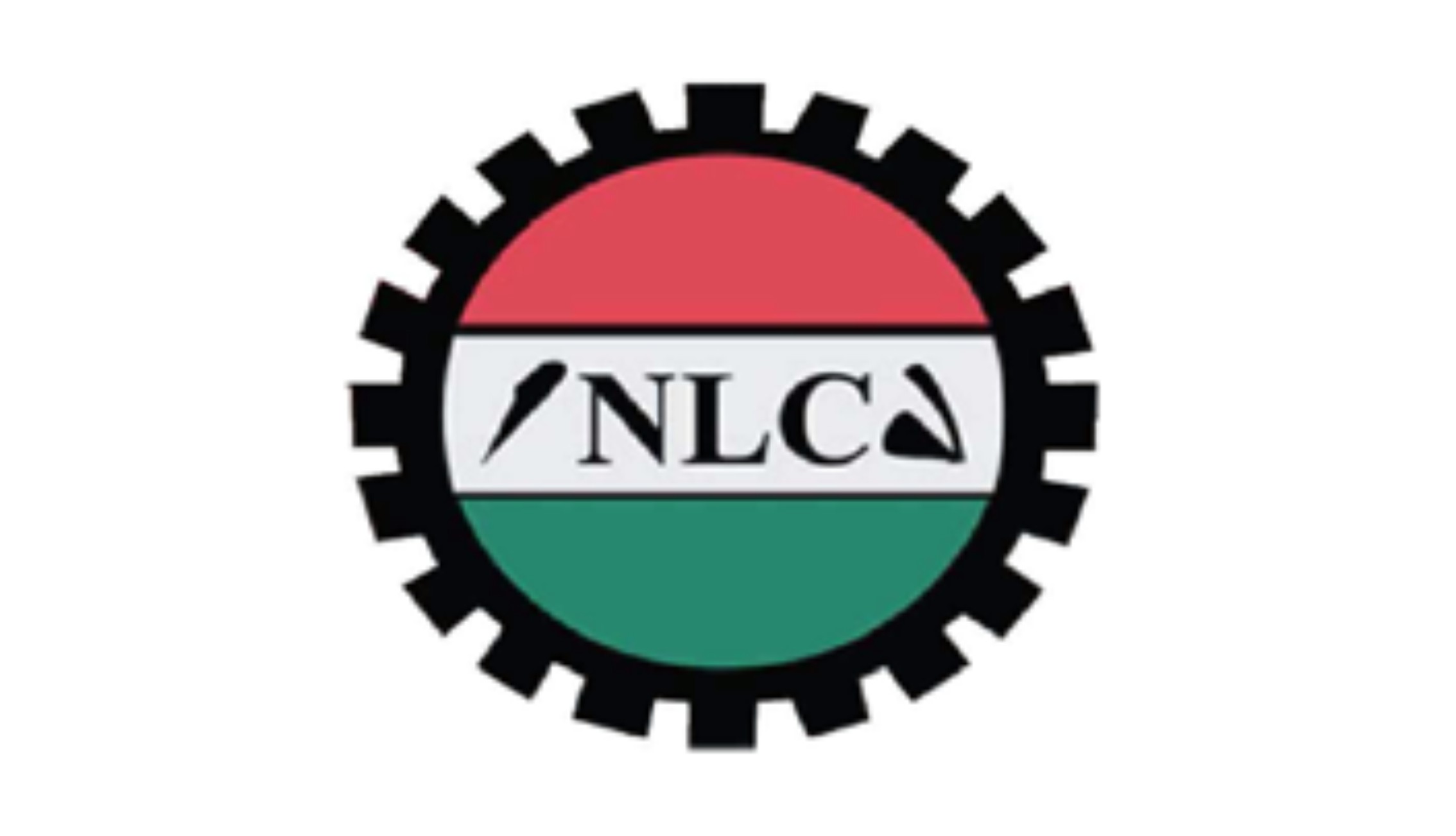Maritime
Association Faults Manager’s Claim On Ports’ Utilisation
The Association of Indigenous Importers and Exporters in
Niger Delta (AIIEND), has faulted a statement by the Port Manager, Port
Harcourt Port, Mr. Oladele Alabi that the Eastern Ports are not under –
utilised.
The Association had also declared as untrue his statement
that it is cheaper to import through the Eastern Ports than the Western ports,
describing the statements as misleading, false and un-true.
The President of the body, Mr. Somiari Prince Halliday made
this remarks while reacting to statements made by the Port Manager during the
visit of the House of Representative Committee on Marine Transports tour to the
port as part of their oversight functions recently.
Mr. Halliday said they are not surprised that such a
statement could come from Mr. Alabi, whom they alleged is happy seeing the
Eastern Ports crumble at the expense of the Western Ports.
According to him, the Port manager should be ashamed of
himself that he is in-charge of a Port without a tug boat nor pilot workers and
even security boat, pilot quarters, access road and other facilities to enhance
terminal operations for vessels to come to the Port, adding that the Port
lacked those facilities that attracts Port users friendly.
He noted that the statement was a calculated attempt to
render Eastern Ports redundant and make the economy boom for the Eastern ports
to depend more on the Western economy.
The Association however noted that the role of the Nigerian
Ports Authority (NPA) is to ensure the operation and function of all ports to
attract importers and Exporters alike, and also frowned over the non-uniformity
of duties and freight charges as some service providers at the Ports charges
higher than others, thereby encouraging Port users to look for where the
charges are low.
The President wondered also that if the operations of the
customs and Excise differs at different ports, and appealed to the new managing
Director of NPA, Alhaji Habibi Abdullahi to ensure that all Nigeria – bound
vessels are distributed equitable across board instead of the congestion at the
Eastern Ports.
The Association however called for the sacking of the Port
Manager of Port Harcourt Port for his inability to revive the Port as other
Ports.
It accused the former managing Director of NPA, Alhaji
Suleiman Umar of reducing the Eastern Ports to mere transit camps instead of
making them work at full capacity despite huge capital and lease fee by
operators, and urged the new management to rise up to the challenges by
ensuring that Eastern Ports work in full capacity.
“Most of the challenges faced in the Eastern ports were not
too difficult to address but were text un-attended because of Politics”.
“Issues such as access roads that are in state of disrepair, proper dredging of
the channels to allow bigger vessels to come in, the inability of NPA
management to rehabilitate Port Harcourt Port and other ports since inception
unlike Lagos Ports that are being rehabilitated on regular basis formed part of
the reasons the Ports in the East have been under- utilized”, Mr. Halliday
said.
The Association further alleged that ports in the East
suffered more redundancy under the administration of Suleiman Omar, despite the
fact that he served last as Port manager in the East before his appointment as
managing Director of NPA two years ago, and pledged their support and loyalty
to the new management.
Collins Barasimeye
Maritime
Twenty-Four-Hour Port Operations Achievable, If -Nweke

The former President of the Nigeria Association of Government Approved Freight Forwarders (NAGAFF), Dr. Eugene Nweke, has said that only a political will would make the 24-hour port operations achievable.
Nweke made the disclosure during the Fifth Town Hall meeting organised by JournalNG held in Lagos on Thursday.
“24 hour port operations is achievable if government would give a clear order to the effect.
“Government should get a regulatory agency to supervise port operations accurately for monitoring and evaluation.
“Once everyone knows what to do, operators will be guided. It will not be a situation where government issues port order without monitoring and no enforcement.
“So, we need a political will to drive our ports for 24-hour port operations in Nigeria”, Nweke said.
He said government agencies should see the transformation as a necessity, same as port stakeholders.
Nweke continued that collaboration and partnership among stakeholders would enable both government and port users achieve 24-hour port operations.
He said any identified bottlenecks delaying the achievement of 24 hours ports operations should be removed and sanctioned accordingly.
He noted that port communities are meant for commercial activities, adding that necessary infrastructure should be considered in the ports to avoid unnecessary human element.
Nweke urged government to improve on infrastructure to make the ports more attractive and friendly for customers.
Also in his presentation, the Chairman, Nigeria Ports Consultative Council (NPCC), Mr. Bolaji Sunmola, said quest to actualise 24-hour port operations in Nigerian seaports was no longer aspirational but necessary.
He said with a carefully sequenced strategy anchored on technology, sustainability, and stakeholder alignment, Nigerian ports could be positioned as efficient, secure, and economically transformative assets.
As Chairman of NPCC, he reaffirmed commitment to this vision by inviting all stakeholders-MDAS, port terminal operators, energy providers, transport unions, and investors to join in executing this transformation.
The Assistant Comptroller, Nigeria Customs Service (NSC), Abass Oladepo, said Customs had been operating 24 hours port operations.
He said at Ports and Terminal Multi Services Ltd. (PTML) command the Customs had commenced 2-hour cargo clearance, adding that averagely in one-year the Command had achieved less than 6-hour ports clearance.
The town hall meeting was to sensitise stakeholders on Customs transformation known as B’Odogwu and urge importers to engage in honest declaration to enable them achieve few minutes cargo clearance.
In his contribution, the Managing Director, ENL Consortium, one of the terminal operators, Mr. Mark Walsh, urged Nigeria banks attached to ports cargo clearance operations to improve their operation to avoid delays in payments.
He commended the Federal Government and the Nigerian Ports Authority for modernising the ports, adding that there was need for 24-hour lighting at the ports, to stop them from running generators 24/7.
He noted that ports operation needs more lighting, especially for security during the night operations.
The General Manager, Trade Modernisation Project (TMP), Mr. Ahmed Ogunsola, urged stakeholders to collaborate and point out challenges hampering 24 hour port operations to provide solutions.
Ogunsola said TMP worked with the NCS to enhance cargo clearance by providing technology backbone, building capacity and to enhance sustainability.
He said 24 hour port operations was achievable with the collaboration of port users.
“The TMP had agreement with the Federal Government to provide 67 scanners and presently we have successfully brought five scanners into the country to modernise Nigeria Customs Service and facilitate trade”, Ogunsola said.
In his opening remarks, the Publisher, JournalNG magazine, Mr. Ismail Aniemu, said the forum gave the stakeholders opportunity to interact and come with recommendations to guide government in policy making.
Aniemu said many ports in Nigeria need to turn to smart ports, adding that Nigeria had competent expertise that would assist government to actualise the dream.
He said some of the port users were operating 24 hours and there was need fornit to be sustained collectively.
Maritime
Rice Smuggling Still Increasing In Creeks – RMIDN

Local rice merchants, under the aegis of Rice Millers, Importers and Distributors of Nigeria (RMIDN) have expressed displeasure over the upsurge in the smuggling of rice into the country through neighbouring Cotonou, Benin Republic.
According to RMIDN, Nigeria has lost an estimated N60 billion as a result of rice smuggling.
“Mostly Indian and Thailand rice that are imported into Cotonou find their way into Nigeria illegally with Western Creeks serving as gateway to the highest degree of these illicit imports”, RMIDN said.
Speaking exclusively with The Tide in Lagos, the Chief Executive Officer, Bayuf Farm limited, Chief Kabiru Idowu, noted the large scale concealment in trucks purportedly laden with dutiable goods to the fleet of vehicles under the cover of darkness, saying “Western Marine Creeks, is indeed a place to watch, if the economy of the nation must be protected”.
According to him, “the volume of imports for which revenue is lost on the part of the government may far outweigh the generated revenue and create an adverse affect on government policy to encourage local production of some products.
“It would also be recalled that in December, 2024, the Customs Area Controller, Federal Operations Unit, Compt. Kola Oladeji, disclosed to journalists at a briefing in the Command that smuggling of rice through the Western Creeks is on the increase, thereby placing a question mark on the proficiency of the Marine Command of the Customs.
According to him, the areas of water which flows into the land accounts for a higher degree of rice smuggling, adding that there is inlet through water behind Alaba market where smugglers are coming, with various items but with rice topping the lists.
Also, Mr. Tapenu Michael noted that importers of Nigeria bound goods through the Cotonou Port see the western waterways as most viable entry point either for evasion or concealment of prohibited items.
He emphasized that most items that fall under Federal Government import prohibition list or statutory barred from entering the country through land borders find their ways through the creeks.
Maritime
Truckers Raise Alarm Over NPA’s Call-Up System

The Nigerian Association of Road Transport Owners (NARTO) has issued an urgent call to the Nigerian Ports Authority (NPA) management and handlers of the eto electronic call-up system, urging immediate action to address what they describe as unfriendly policies hampering the direct delivery of cargo from the Lagos Port.
According to the Chairman of NARTO Metropolitan Unit, Abdullahi Moh’d Inuwa, the new policies under the eto call-up system have led to significant delays in truck approvals and discouraged truck operators from servicing the port.
“Direct delivery of cargo requires between 48 to 54 trucks daily per vessel, and with multiple vessels, at least 120 to 150 trucks are needed.
“However, the current approval process is slow, and many truckers now prefer loading outside the port due to the multiple levies and restrictions imposed”, Inuwa stated.
He warned that these developments threaten the business interests of consignees and importers, with many considering diverting cargo to other ports.
“Trucks are being forced to offload inside sheds, incurring extra charges and demurrage, which are eventually passed on to end users. Despite government efforts to reduce duties on agricultural products, the call-up process remains a major bottleneck”, he added.
The trucker said prompt intervention is crucial to restore confidence and ensure the smooth evacuation of cargo, which is vital for Nigeria’s import-dependent economy.
Truckers and port users have repeatedly complained about extortion by security agencies, racketeering in the call-up system, and policy inconsistencies that have resulted in gridlock, delays, and financial losses.
Industry sources confirm that the current system often favors certain operators, leaving others stranded and forcing importers to pay exorbitant fees to favours revalidate delivery orders.
NARTO is calling for a review of the eto call-up system to ensure fairness and efficiency, warning that continued inefficiencies could lead to further congestion, trade disruptions, and a shift of cargo traffic away from Apapa Port.
The association also appealed to security agencies to stop the harassment and extortion of truck drivers, and urged the NPA to harmonize safety requirements to avoid multiple taxation.
By: Stories by Nkpemenyie Mcdominic, Lagos
-
Women3 days ago
Justice Prevails Over Osinachi’s Death
-

 Featured3 days ago
Featured3 days agoLabour Unions In Rivers Call For Improved Standard Living For Workers
-
Politics3 days ago
Enugu LP Loses Pub Sec To PDP
-
Niger Delta3 days ago
Diri Recommits To Support For Security Agencies …Cautions AIG, Sacks Youth Exco
-

 Nation3 days ago
Nation3 days agoOgun, Nike Art Gallery Set To Transform Olumo Rock
-
Social/Kiddies3 days ago
Need For Girl-Child Education In Society
-

 News3 days ago
News3 days agoNBA President Sues For Workers’ Protection, Better Wage
-
Politics3 days ago
Gunmen Disrupt Political Rally In Bayelsa ….As Turnah, Others Emerge New Associates’Leaders

